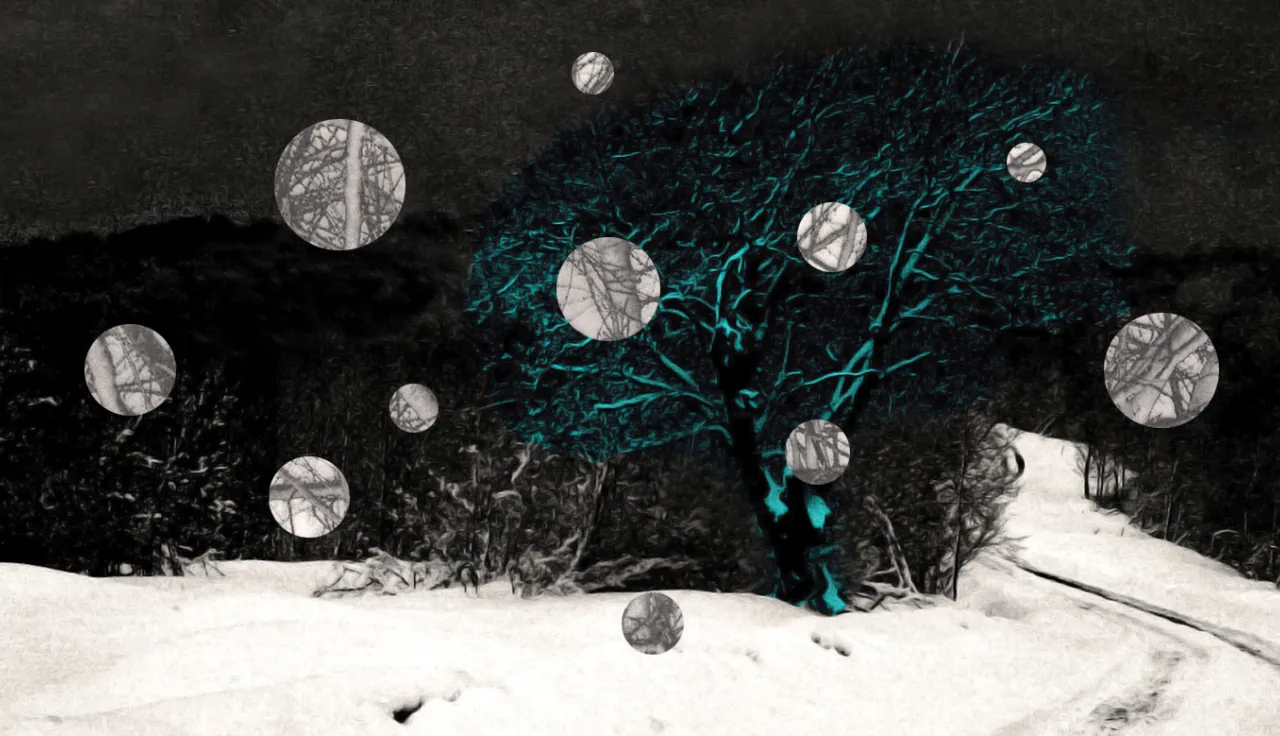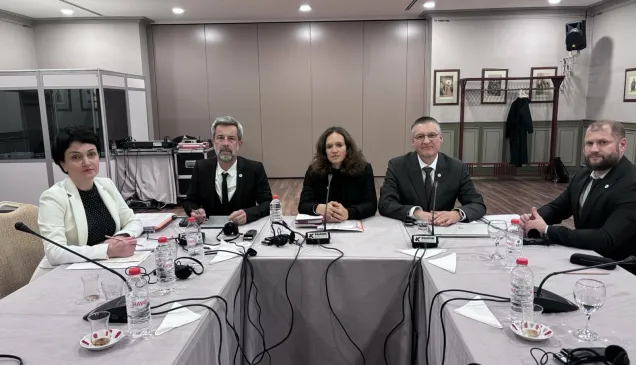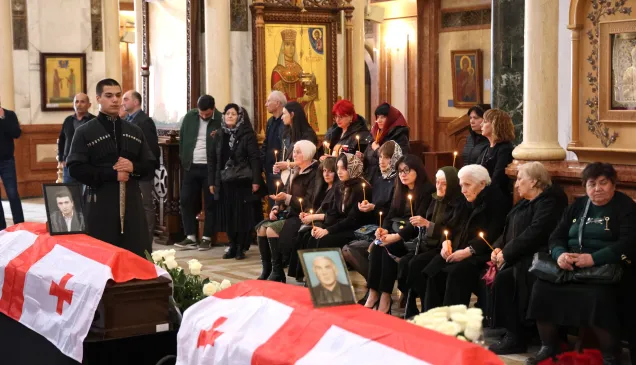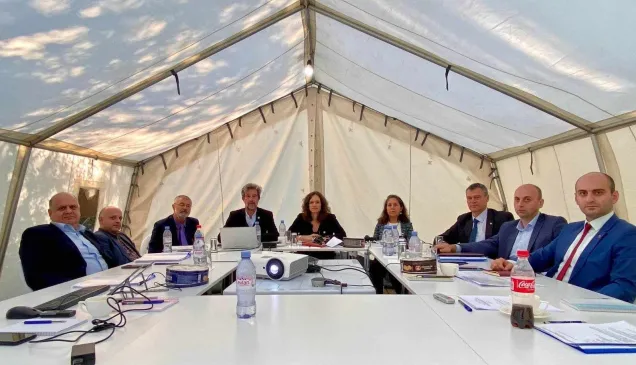Missing Monument.com: Digital artwork goes live on International Day of the Disappeared

Every year, worldwide, the International Day of the Disappeared is marked on 30 August. It is an occasion to remember missing people and to express solidarity with their families.
Considering the COVID-19 pandemic restrictions, the International Committee of the Red Cross (ICRC) initiated a project to set up a digital exhibition dedicated to missing persons and their families to mark the 2020 edition of the International Day of the Disappeared. Conceived on the basis of interviews with relatives of persons who went missing during the conflicts of Abkhazia and South Ossetia in the 1990s and 2008, and other materials provided by them, the exhibition, called "The Missing Monument", tries to convey how complex it is to be missing someone, perceiving this experience as a living, breathing, constantly shifting multiplicity of embodied acts of commemoration. Or, in other words, as permanent acts against forgetting.
The historical and specific backgrounds of the 1990s and 2008 conflicts are intentionally left out, as the purpose of the artwork is to focus on the common nature of the pain one may suffer when trying to live and cope with the absence of a relative. This pain has no land, no nationality, and no one's pain is larger than someone else's. In the words of a mother of a missing son, "Grief has no nationality. We live under a common sky; our pain is the same." For many families, not knowing what happened to their loved ones and not being able to give them a dignified burial, or a place to mourn, generates an intolerable burden.
The web platform is available through www.missingmonument.com, at this stage in English, Georgian, and Russian languages. Through this digital mode, it is meant to be accessible to all the families of missing persons. The idea is also to sensitize the public about the issue of missing persons through their relatives' feelings and experience. Beyond this context, the artwork intends to pay tribute to families from all over the world, whose loved ones have gone missing in other situations, times, and places.
As a result of the armed conflicts that took place in the 1990s and August 2008, over 2,300 people, including military and civilians, are still unaccounted for. With the sole purpose of providing answers to the families, the ICRC has been facilitating a dialogue between Abkhaz, Georgian, South Ossetian and Russian participants through two humanitarian platforms created in 2010. Since then, remains of up to 563 persons have been recovered, out of which 191 have been identified and handed over to their families. The work continues to clarify the fate and whereabouts of other missing persons from those conflicts.



